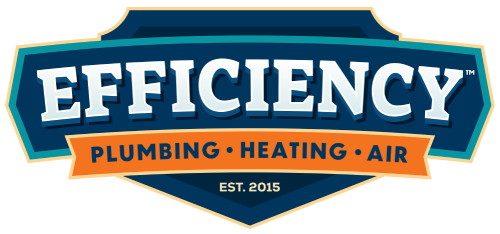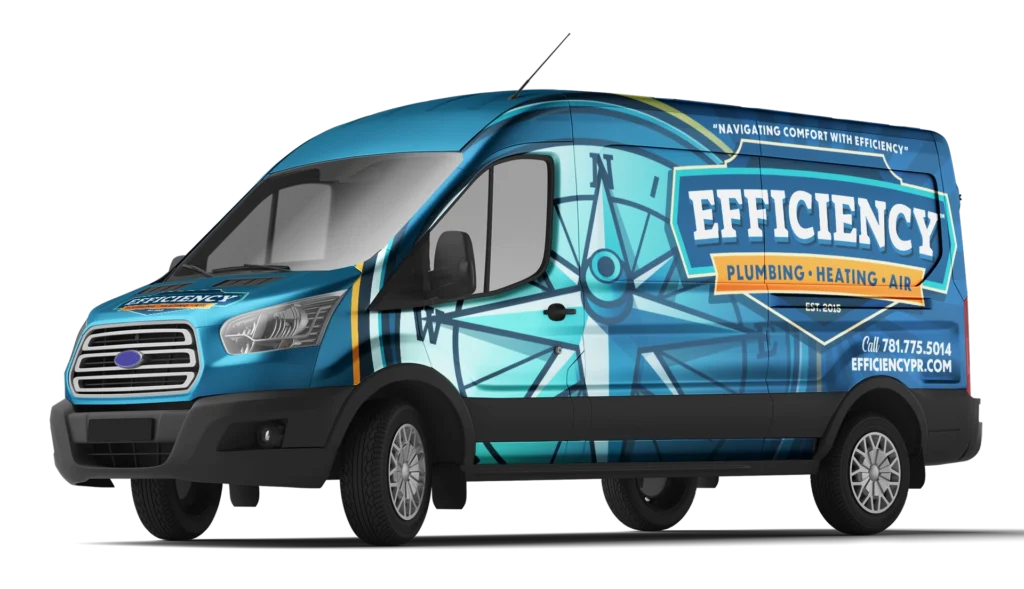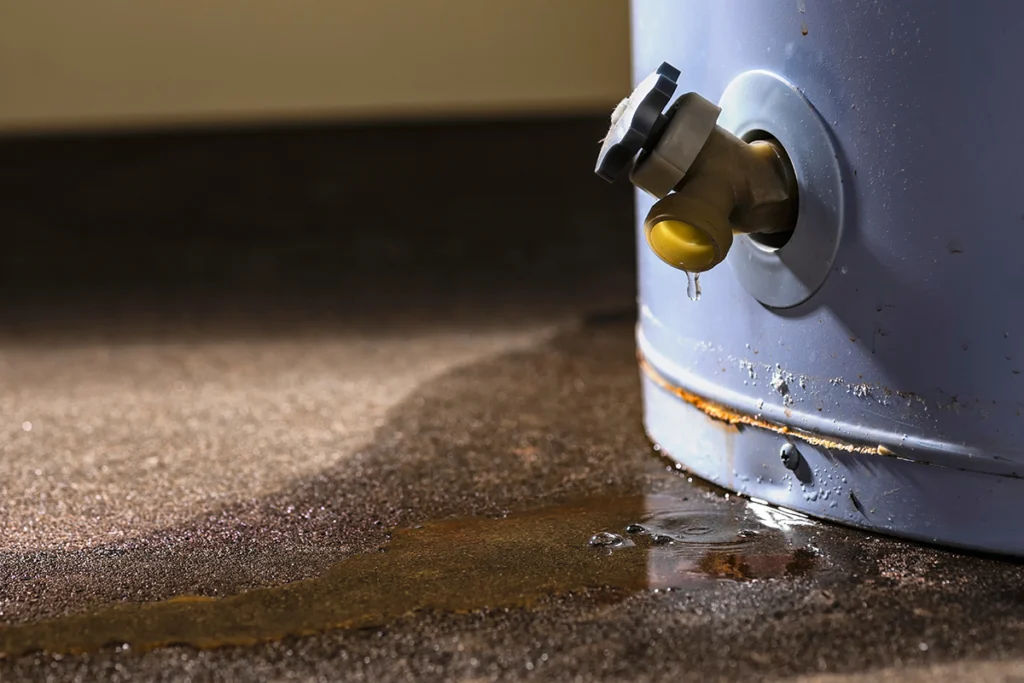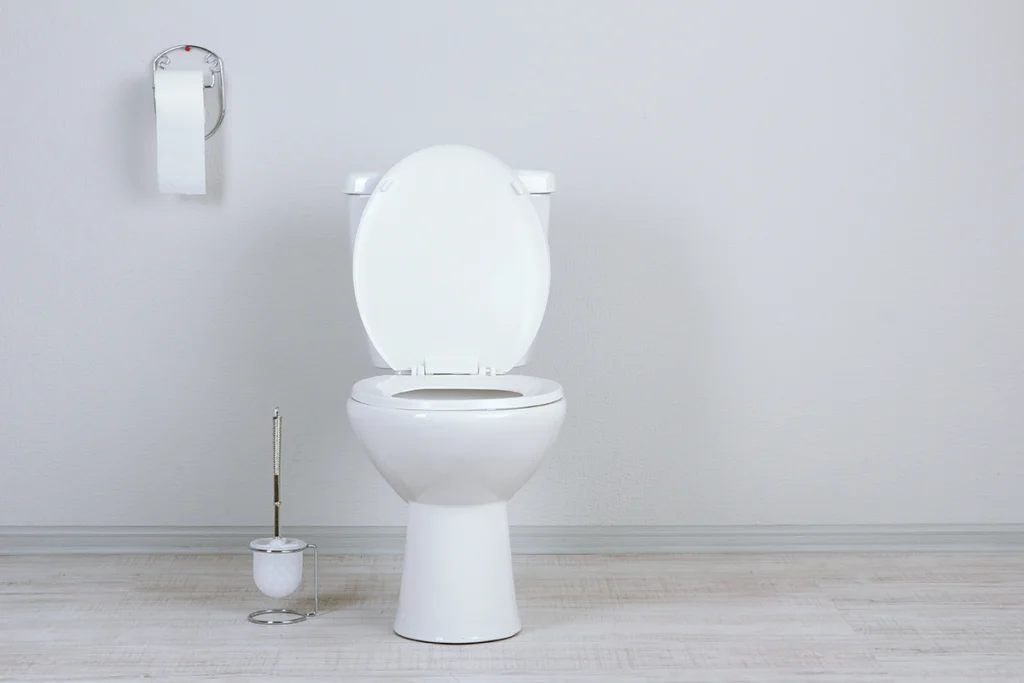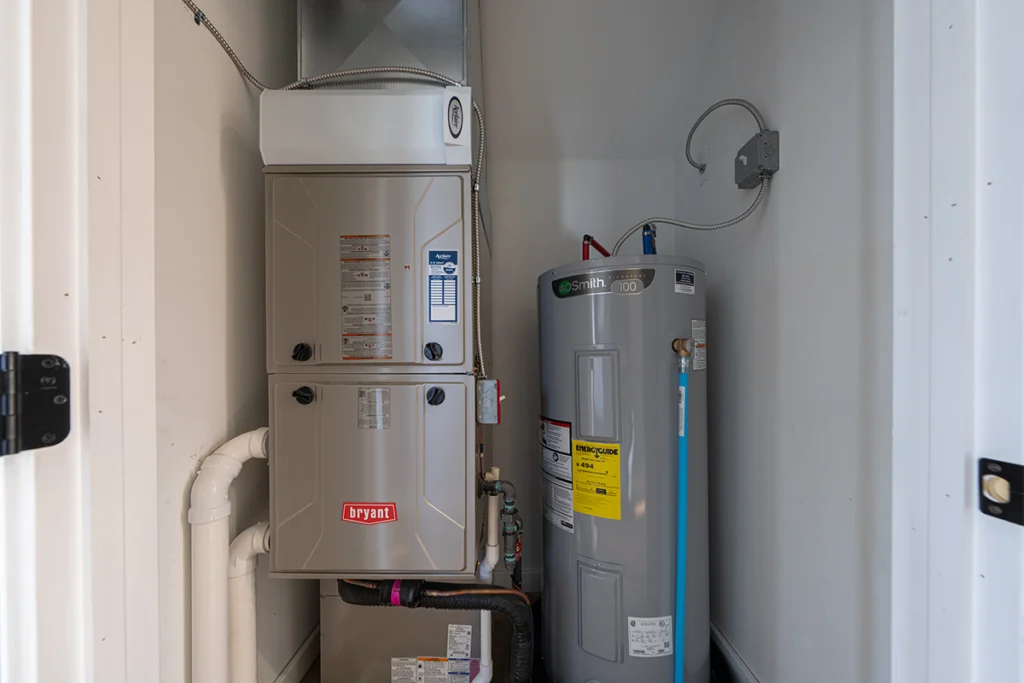Why Energy Efficiency Matters
Rising fuel and electricity costs make efficient heating more essential than ever. Efficiency not only reduces your monthly heating cost but can also extend the life of your equipment.
Many utility companies offer rebates or incentives when customers install high-efficiency furnaces. These rebates and incentives can help offset the initial higher cost of furnace installation. Energy-efficient furnaces provide long-term value.
Energy efficiency is also important for your comfort. Efficient furnaces distribute heat evenly across your home, preventing cold spots. Greater efficiency also means quieter operation, resulting in a more peaceful home.
Efficiency Ratings Explained
When choosing a furnace, efficiency ratings review how much energy converts into usable heat. The most common measurement is annual fuel utilization efficiency (AFUE).
Older furnaces may operate around 70% AFUE. This results in a 30% fuel waste. Modern high-efficiency systems can now achieve an AFUE of 98%. The higher the AFUE number, the less fuel wasted and the more savings you keep in your pocket.
It’s also important to look for ENERGY STAR certification when comparing furnaces. This certification ensures the furnace meets strict government standards for energy efficiency.
Another feature to consider for energy efficiency is a variable-speed blower. This type of blower adjusts airflow automatically, improving comfort and helping to reduce energy usage.
There are also advanced designs, such as two-stage and modulating furnaces. These appliances operate at different power levels, preventing frequent cycling while providing steady temperatures.
High-efficiency furnaces have higher up-front costs, but the long-term savings usually outweigh the difference compared to traditional furnaces. Reading and comparing efficiency labels may seem simple; however, these numbers can dramatically affect your comfort and monthly bills.
Understanding Furnace Types
You have many options when it comes to energy-efficient furnaces. Knowing about the different types of furnaces allows you to make an informed decision.
Gas Furnaces
Gas furnaces are the most common in Massachusetts homes. They are highly efficient and reliable. These furnaces work well in cold climates, where temperatures regularly drop below freezing.
Oil Furnaces
Oil furnaces offer powerful heating, but they are less efficient than gas models and have higher fuel costs. Today’s modern oil furnaces operate much more efficiently than older models, with AFUE ratings of around 95%.
Electric Furnaces
Electric furnaces are another popular choice in homes throughout Massachusetts. There is no combustion process, so they operate much more cleanly. In some regions, however, the cost of operation is higher than with fuel options.
Dual-Fuel Systems
Dual-fuel systems pair an electric heat pump with a gas furnace. These systems automatically switch between the two sources to improve efficiency and comfort. When temperatures are mild, the heat pump provides efficient heating and cooling. When temperatures drop in winter, the system thermostat detects the change and switches to the gas furnace.
Matching Furnace Size to Your Home
Choosing the right furnace is about more than comparing prices or brands. It requires considering efficiency, sizing, and professional installation. A well-chosen system lowers energy bills and increases comfort. Details, such as thermostats, filters, and ductwork, make a big difference.
On the other hand, undersized furnaces have their own problems. They run continuously, struggle to maintain comfort, and often wear down faster. Over time, the constant strain shortens the furnace’s lifespan and increases energy use.
The best approach is to have our professionals perform a special calculation to determine the proper size. Our assessment takes into account your home’s square footage, type of insulation, windows, and ceiling height. Our technicians are familiar with the unique challenges of the Massachusetts climate, and we can help evaluate your home to determine the best fit.
Without professional guidance, it’s easy to choose the wrong system size. Even small mistakes in sizing can add unnecessary costs to your monthly bills. The right fit ensures efficiency, reliability, and even heating throughout your home.
Features That Increase Efficiency and Comfort
Moving beyond size and ratings, certain furnace features can add increased efficiency and convenience. One popular upgrade is a programmable thermostat. This device automatically adjusts furnace temperatures according to your schedule. It can help you reduce energy waste when no one is home.
For even more control, consider installing a smart thermostat. This device enables remote furnace adjustments and can adapt to your daily energy usage patterns.
Another essential feature to look for is sealed combustion chambers. They draw air from outdoors instead of inside the home. This feature improves both safety and efficiency.
Zone heating systems are also valuable because they direct warm air only where it is needed. You can control the temperature on a room-by-room or zone-by-zone basis.
High-efficiency air filters also contribute to efficiency. They help keep the furnace clean while improving indoor air quality.
There are also condensing furnaces. These furnaces capture extra heat from the exhaust gases that older models waste.
Noise reduction also matters. Many modern systems use improved blower designs and insulation for much quieter operation.
Combining all these features delivers lower cost, healthier air, and consistent comfort throughout your home. Evaluating the options can help you increase the furnace’s efficiency and your comfort.
The Role of Professional Installation
Buying the right furnace is only half the decision. Proper installation ensures that the appliance performs as expected. According to the U.S. Department of Energy, even the most efficient furnace can waste up to 30% of potential savings if it’s poorly installed.
Our skilled technicians check the ductwork for leaks and seal any gaps. This step alone can prevent significant energy loss. Proper thermostat placement also matters. If installed incorrectly, the thermostat may misread temperatures, causing the system to run unnecessarily. This results in wasted energy and increased costs.
Safety is another crucial reason to hire professionals. We must inspect gas lines, venting, and carbon monoxide protection for safe use. Our technicians confirm we have the correct wiring, airflow, and vent connections before we complete the job. Leaving installation to professionals means peak performance.
Maintenance Matters for Ongoing Efficiency
Efficiency efforts cannot stop once we install a furnace. Regular maintenance is required to keep the system working at its best. Homeowners can take care of replacing clogged air filters, so they won’t reduce efficiency.
You also need to schedule seasonal maintenance for your new furnace. A professional maintenance appointment in early fall will keep your furnace working efficiently and safely. Well-maintained furnaces can last several years longer than neglected ones.
Choosing the Right Furnace With Confidence
Choosing the right furnace involves more than comparing prices or brands. It requires balancing efficiency, sizing, and professional installation. A well-chosen system lowers energy bills and increases comfort. Small details, such as thermostats, filters, and ductwork, make a big difference.
Efficiency Plumbing, Heating & Air provides expert furnace installation, maintenance, and repairs. Our skilled technicians will guide you through the purchase and installation process. With our professional maintenance services, your furnace can continue to work efficiently for many years.
Contact Efficiency Plumbing, Heating & Air today to schedule an evaluation for furnace installation in Hanover.

